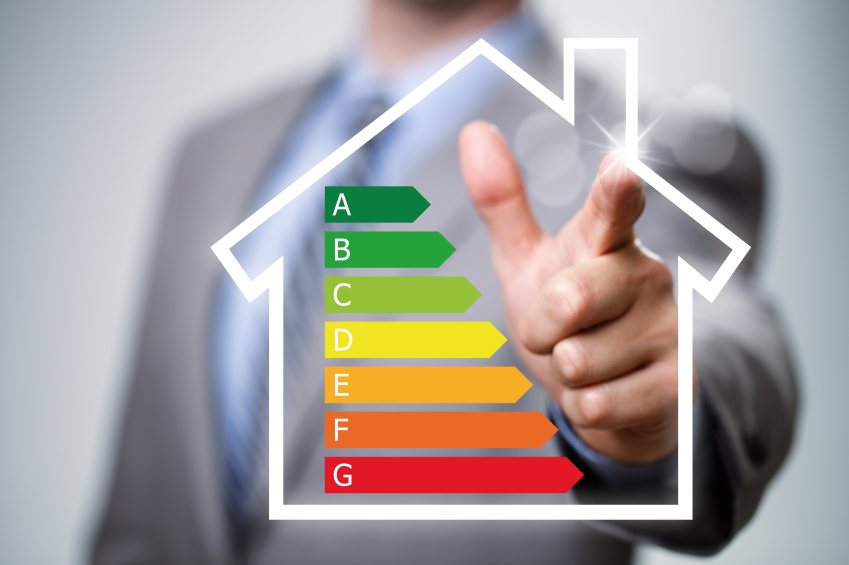Home » Uncategorised »
Government plans for energy improvements in rental housing need rethink
This article is an external press release originally published on the Landlord News website, which has now been migrated to the Just Landlords blog.

Proposals for landlords across the country to pay up to £10,000 to improve the energy efficiency of rental properties require a rethink, says the National Residential Landlords Association (NRLA).
In a consultation that closed in January the Government proposed that by 2025 all new tenancies in the private rented sector should be in houses with an Energy Performance Certificate rating of C or better. It is proposed that this standard should apply to all private rented properties by 2028.
As part of this, the Government has suggested that, in meeting these targets, landlords should be expected to pay up to £10,000 to make the necessary improvements.
Whilst the sector is still waiting for the Government’s response to this consultation, the NRLA is warning that the planned cap is based on a misguided assumption that all landlords are property tycoons with deep pockets.
NRLA research shows that private landlords make an average net income from property of less than £4,500 a year.
Recent figures have shown the scale of the problem the sector faces in meeting the Government’s ambitions. Across England over 58% of private rented households have an energy rating below a C. Around a third (32%) of private rented homes were built prior to 1919, some of the hardest to improve housing in the country.
The NRLA is calling on the amount that landlords should be expected to contribute to be linked to average market rents in any given area (known as broad rental market areas) as calculated by the Valuation Office Agency. Under the NRLA’s proposals this would mean the amount a landlord would need to contribute would gradually taper from £5,000 to £10,000, taking into account different rental values (and by implication, property values) across the country.
Alongside this, the NRLA is calling for a package of fiscal measures to support investment. This should include the development of a decarbonisation tax allowance, no longer applying VAT to energy efficiency and low carbon work and not charging council tax where energy improvements are being made to rental properties when they are empty.
Ben Beadle, Chief Executive of the NRLA, comments: “We all want to see as many energy efficient rental properties in the sector as possible. Besides being good for tenants, improvements made to rental properties ensure they become more attractive to prospective tenants when being marketed by landlords and agents. However, the Government’s proposals for the sector are not good enough.
“They rely on a misguided assumption that landlords have unlimited sums of money and fail to accept the realities of different property and rental values across the country.
“Ministers need a smarter approach with a proper financial package if they are to ensure their ambitious objectives are to be met.”




